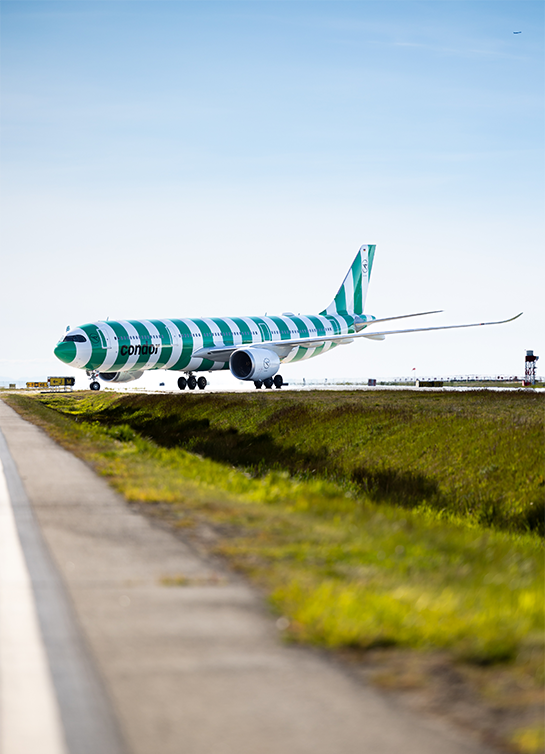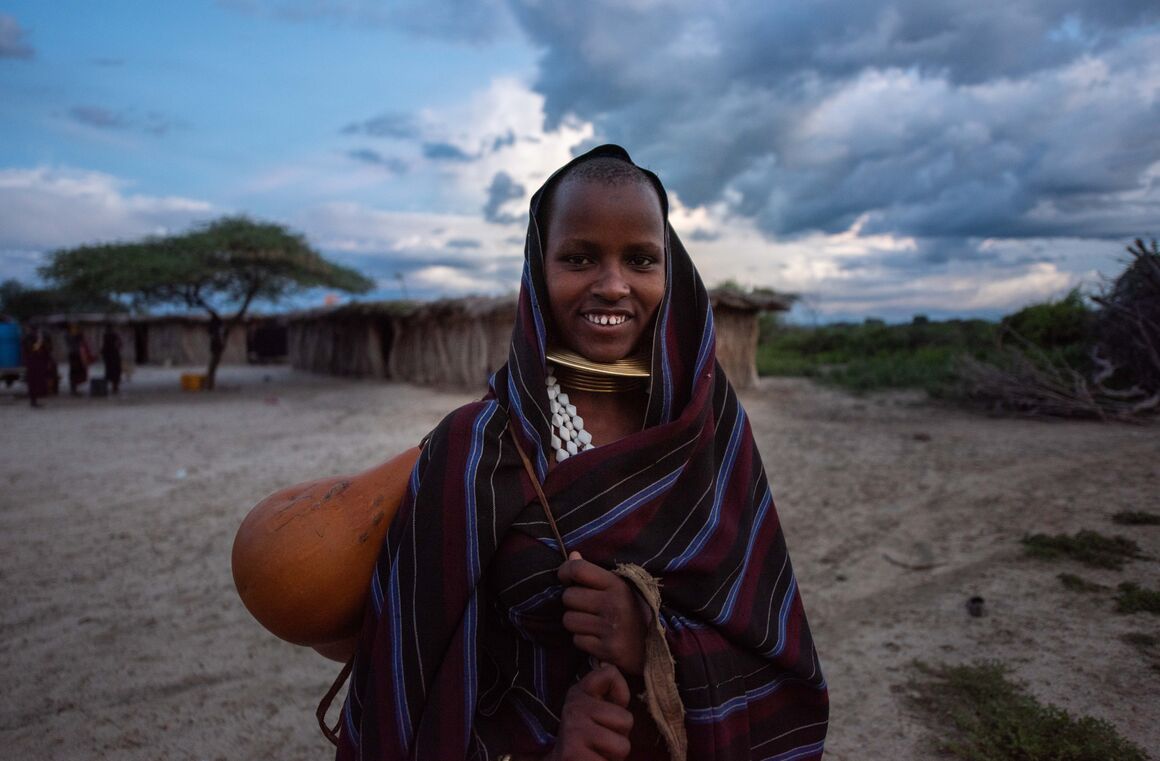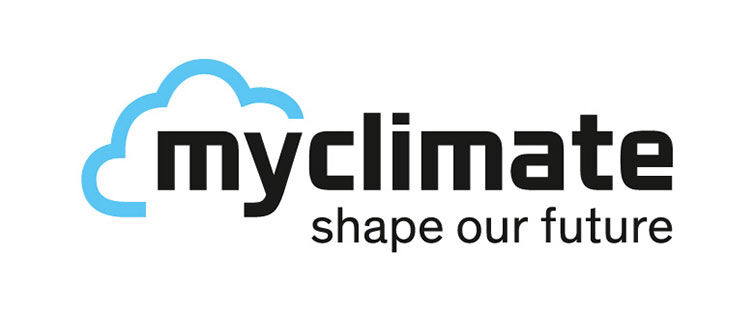The Condor Green Fare
With the Green Fares – Economy Green, Premium Green and Business Green – you make a future contribution equivalent to the kerosene-related CO₂ emissions produced by your Condor or Marabu flight. This contribution towards future CO₂ savings potential is partially allocated to two selected climate protection projects by our renowned partner myclimate and increasing the use of sustainable aviation fuel (SAF).
How you can contribute
The following explains to which extent the Green Fare supports the selected climate protection projects and the use of SAF:
- Short- and medium-haul: approx. 80% for climate protection projects and approx. 20% for SAF (flight time up to 6 hours)
- Long-haul: approx. 90% for climate protection projects and approx. 10% for SAF (flight time from 6 hours)
The level of support for climate protection projects and the use of additional SAFs is based on the flight-specific CO2 emissions of the respective travel class of your Condor or Marabu flight. The kerosene-related CO2 emissions are calculated in accordance with IATA standard RP 1726 using historical flight data.
The Green Fares are not booked separately. In addition to Economy Class, Premium Economy Class and Business Class fares, they form an independent and directly bookable fare.
With Economy Green, Premium Green and Business Green, we offer all the benefits of our fare ranges, along with more flexible rebooking options and additional benefits.
How we use SAF at Condor
What is Sustainable Aviation Fuel (SAF)?
Sustainable Aviation Fuel (SAF) is an umbrella term for all aviation fuels that are produced without the use of fossil fuels like petroleum, which have an up to 80 % lower carbon footprint. For electricity-based power-to-liquid (PtL) fuels, the CO₂ reduction compared to fossil fuel-based kerosene will be even higher in the future (> 90 %). SAFs are blended with conventional fossil kerosene for use in aviation.
And why is it important?
Alternative fuels are the only way to decarbonize aviation with existing technology. Condor will purchase SAF as part of Green Fares in quantities that exceed the legally prescribed amounts. This amount of SAF will be used on future Condor flights. Moreover, according to the German Aerospace Center (DLR), Sustainable Aviation Fuel (SAF) can help reduce contrails and climate impacts in air travel.
Because SAF contains fewer aromatic compounds than kerosene, it results in fewer soot particles. This reduces the formation of ice crystals and thus the development of cirrus clouds, which contribute to global warming. Moreover, SAF could positively impact other non-CO₂ emissions like nitrogen oxides and continue to alleviate the pressure on the climate.

Projects we support
Current information on the projects and the forecasted future CO2 savings potential can be found on our the website of our partner myclimate.
Efficient cooking stoves for rural communities in Kenya's tea-growing highlands
In the hills of Nyamira County, where the majority of farmers cultivate tea, over 90% of rural households rely on firewood as their only energy source, while 70% of the urban population uses charcoal. This contributes to deforestation and water scarcity and endangers agricultural production.
This is where our climate protection project comes into play: Energy-efficient cooking stoves produced locally reduce CO₂ emissions, protect forests, and create new income opportunities, especially for women and youth. Together, we are contributing toward a more sustainable future.

Protecting Tanzanian forests for indigenous peoples, wildlife, and the climate

The forest region of northern Tanzania is not only home to the Hadza hunters and Datooga herdsmen, but also serves as a habitat for endangered species like elephants, giraffes, and lions. The communities have lived in harmony with nature for generations, but their habitat is threatened by deforestation. The main causes are agricultural land use and livestock farming, which lead to deforestation.
By securing the land rights of the indigenous population and implementing community land use plans, the project protects forests, preserves biodiversity, and prevents the release of greenhouse gases into the atmosphere by reducing deforestation. Together we are contributing toward a more sustainable balance between people and nature.
Our cooperation partner myclimate
Condor has found a reliable and strategic partner in the charitable non-profit organization myclimate. The international climate protection organization with Swiss roots sees itself as a partner for effective climate protection – globally and locally. The climate protection projects developed and supported by myclimate have created thousands of jobs, protected biodiversity and improved the general living conditions of hundreds of thousands of people since the foundation was established.
If you would like to find out more, the official myclimate website provides comprehensive information about the non-profit organization, its projects and climate protection in general. You can also visit the myclimate FAQ page for more background information.

